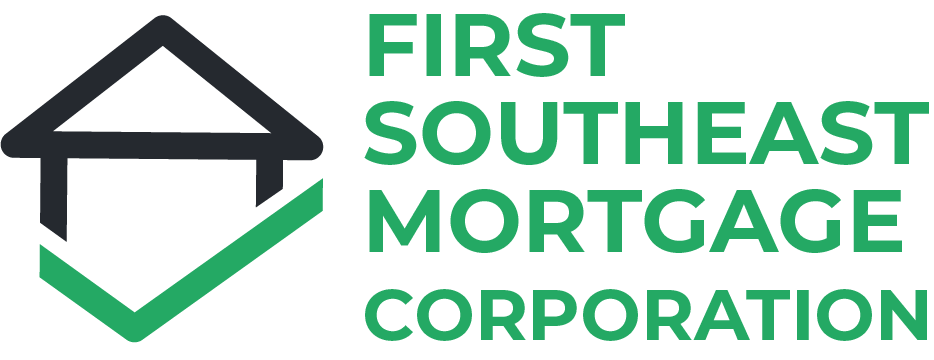THE LOAN PROCESS
Should I Choose a Mortgage Broker or Mortgage Banker?
When it comes to getting a mortgage loan, you should know the difference between a mortgage broker and a mortgage banker. It’s understandable to confuse these since both will yield the same outcome: a new home. But for the application process, it will help if you understand they ways they differ.
What is a Mortgage Broker?
A mortgage broker is a person or firm that is an independent agent for the mortgage loan borrower as well as the lender. Your mortgage broker will stand as coordinator between you and the lending institution; which may be a bank, trust company, credit union, mortgage corporation, finance company or even an individual investor. You partner with a mortgage broker to review your financial circumstance and lead you to the lender who has the right loan program for you. From application to closing, your mortgage broker works with you: presenting your loan application to a number of lenders, and walking you with the chosen lender through to the closing of your loan. The broker is accountable to you, not the bank. The broker is given a commission most often from the lender at closing.
What is a Mortgage Banker?
The main difference between a mortgage broker and a mortgage banker is that a loan officer works on behalf of a lending institution (a bank, credit union, or others) to promote and process loans solely from that institution. Although a loan officer may market a variety of loans, they are all programs from that one lender.
A mortgage banker represents you to the bank or other lending institution and is accountable to that bank. Loan officers are given a commission or salary for their services by their employers.
